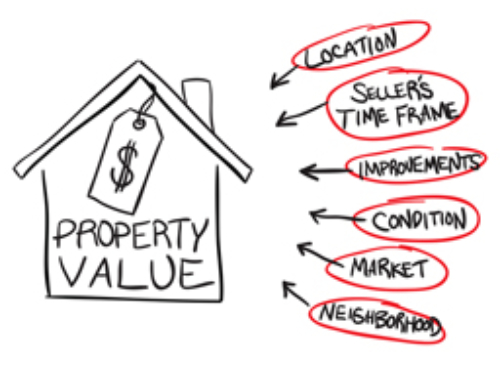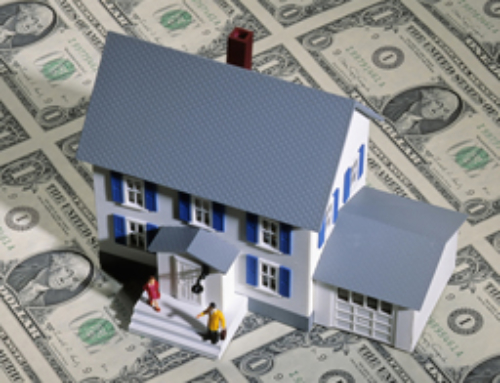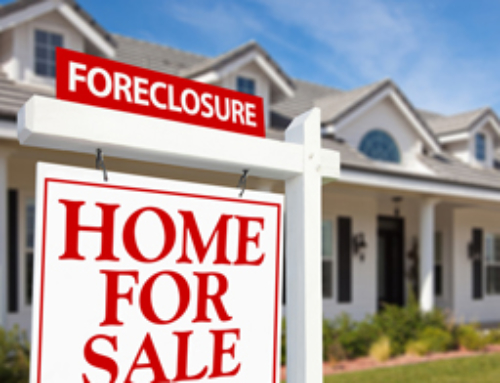 “Buy low and sell high” goes the old adage. Home prices and mortgage interest rates may never be this low again, so why aren’t more people thinking about buying a home?
“Buy low and sell high” goes the old adage. Home prices and mortgage interest rates may never be this low again, so why aren’t more people thinking about buying a home?
Ask the professionals who are supposed to know the answer and you’ll get someone else to blame. Realtors fault lenders for making it too difficult to get a mortgage. Lenders blame the government for creating an environment where constantly changing regulations create confusion and delay. The government says the real problem is companies who aren’t investing profits to create more jobs that will make it possible for families to buy homes.
Some people are buying homes despite these complaints—about 4.6 million this year, virtually the same number as last year but 1.1 million fewer sales than in 2007. That was the year houses cost 30 percent more than they do now and the rate for a 30-year fixed mortgage was 6.3 percent, compared to 4 percent today.
So much for buying low and selling high.
Two recent surveys, one by Move, Inc., the company that operates Realtor.com, and the other by Fannie Mae, help us better understand what’s happening on the demand side of the housing equation.
Move, Inc. survey findings
Move recently studied buyers and found that one out of four Americans still plans to buy a home—just not any time soon. In fact only 2 percent of future buyers said they are committed to going ahead in the next 12 months. Asked what might motivate them to move faster, buyers gave virtually equal weight to three answers: they lack the money for a down payment and or closing costs (55.1 percent); they think home prices will stabilize and or increase (53.1 percent); and they are concerned about their jobs or lack confidence in the economy as a whole (52.5 percent).
To those of us who track these issues over time, raising a down payment has been the number one hurdle for buyers, even during the days of easy money. Concern about the economy is surely a real concern, but it’s not unique to housing. What jumps off the page is the idea that buyers are waiting for prices to fall even further.
Fannie Mae survey results
Fannie Mae’s October national housing survey found consumers’ outlook for the housing market has remained downbeat, as they expect home prices to decline over the next year, extending the streak of negative outlooks to five consecutive months.
“The fact that sentiment appears to be in a holding pattern at depressed levels is a cause for concern for the development of the housing market and for the economy as a whole, as there will be no meaningful economic recovery without a housing recovery,” said Fannie’s Chief Economist Douglas Duncan.
What are buyers worried about?
It’s no secret why buyers think home prices will fall more. The latest forecast from Fiserv calls for a 3.6 percent home price decline before next June, but it’s just one of several predicting further declines. Buyers also aren’t worried about interest rates. As long as the economy is lifeless, they know rates will be as well.
What buyers are worried about are their jobs and the overall economy, which, as Duncan noted, isn’t going anywhere until housing improves. As for housing, there’s nothing wrong on the supply side, with plentiful inventories and the best prices in a decade. It’s the demand side that’s the problem.
The answer everyone seems to be waiting for
If only we had a million or so more buyers, then housing would improve, housing prices would rise, and so would home values. That would help the overall economic recovery. The recovery would make potential buyers feel more confident about their jobs and they would start buying, which would bolster prices even more and then even more buyers would buy because they would know the bottom was past. The more that prices rise, the stronger the economy will be and the more buyers will buy. Simple?
Perhaps the new by-word is “Wait too long and buy high.”





